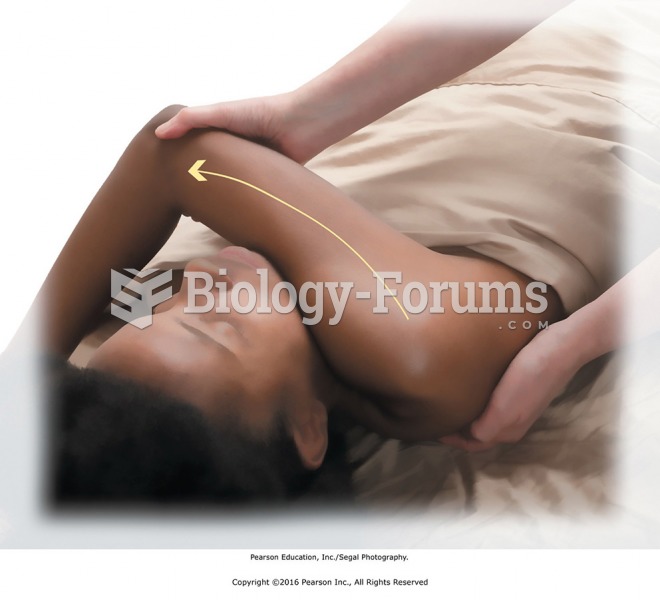Illegal horizontal price fixing:
a. occurs when a manufacturer requires the retailers to sell its products at specific prices
b. occurs when a firm at one level of business controls the price of a firm's product at another level c. ties the sale of one product at a particular price to the sale of another product
d. occurs when a seller strictly limits distribution and price of its product e. none of the other choices
Question 2
Loretta worked for Minute Dry Cleaners as a cashier, and also did ironing when extra help was needed. Soon after she was hired, her boss, John, began to make suggestive comments to her. He complemented Loretta on her clothes and her looks. Several times, when they were in the store alone, John cornered Loretta and told her that she was driving him crazy, and that she just had to date him. Loretta told John that she already seeing someone and backed away. John cornered her again. He told her that he had waited long enough, and that if she wanted to keep her job she was going to have to put out. He grabbed her arm, but she got away to the counter. She told John to keep away from her. He laughed, and asked her what she was going to do. He said he knew she needed the job, because she was fired from her previous jobs for drug problems. If she didn't get along with him, he would fire her and tell people it was because she came to work stoned. Loretta quit the next day. She filed a complaint against John with the local EEO office. John told EEO he fired Loretta was because of her drinking on the job. He referred them to Loretta's past work record which showed a drug problem. Loretta insisted that John harassed her and that she had not been drinking while at Minute. If Loretta lived in a jurisdiction that followed the common law only, what would be the result of her suing John for employment discrimination? She would:
a. win because John created a hostile work environment
b. win because John broke his employment contract with her
c. lose because she violated the Statute of Frauds by not informing John of her past drinking problems d. lose because of at-will employment
e. lose because women were not permitted to work under the common law







